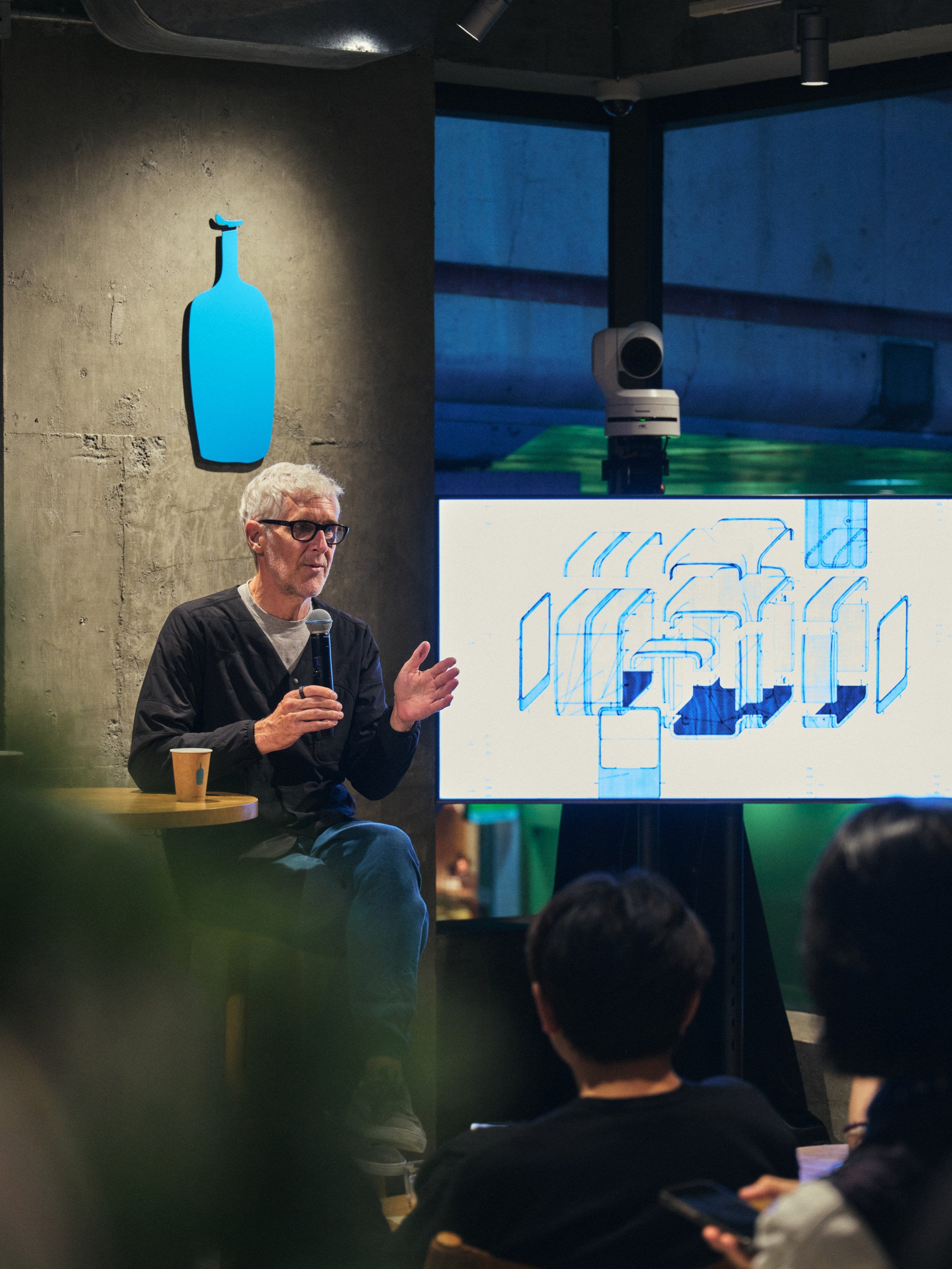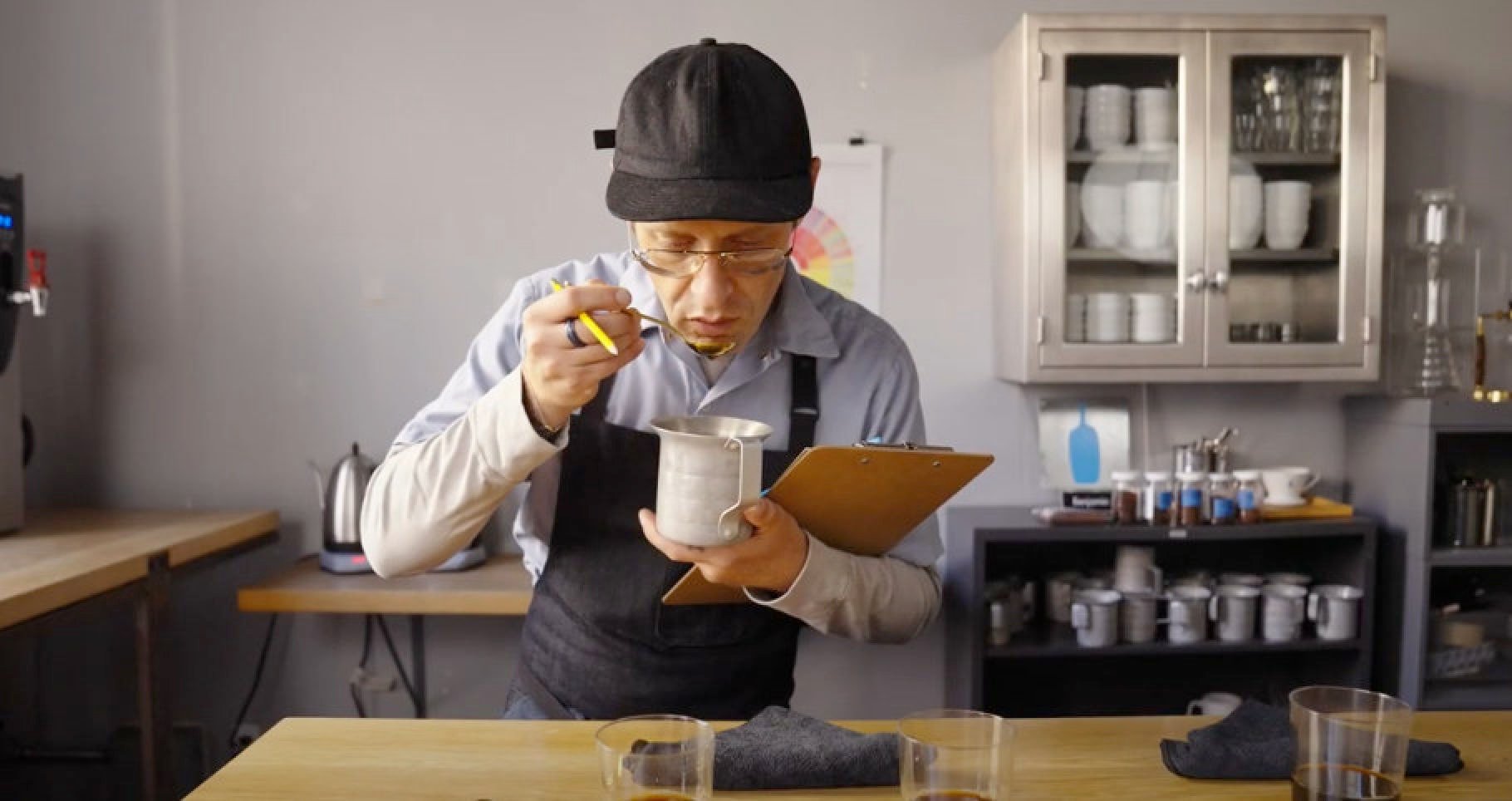Think of instant coffee and it’s unlikely you’d associate the product with anything artisanal. More likely, it’s a term that brings to mind dusty jars, destined to become rocket fuel for the cash-strapped and time poor.
In addition, research in recent years has also pointed towards the health risk from drinking instant coffee thanks to high levels of the potentially cancer-causing substance acrylamide; while also present in freshly brewed coffee, instant coffee can have more than double the amount in comparison.
Instant coffee got a quick boost at the beginning of the Covid-19 pandemic, when it was the star item in the viral drink known as dalgona coffee – a recipe that whips instant coffee together with sugar and a bit of water to create a silky, thick, caramelised foam that would sit proudly on top of a glass of iced milk.
But instant coffee might get a new lease of life and a revarnished reputation if the innovations of California-based coffee giant Blue Bottle Coffee trickle into the mainstream.
Two years ago, the brand entered the realm of instant espresso granules, which was billed as the next big thing in coffee.
While it has not yet caught on, by introducing an instant-coffee-only kiosk at one of the world’s busiest transport hubs – Hong Kong International Airport – the bet is on that the wider public will buy into the convenience of the drink.
Why decaf coffee is no longer getting roasted as being ‘inferior’
Why decaf coffee is no longer getting roasted as being ‘inferior’
A more eagle-eyed drinker might clock the lack of an espresso machine at the airport kiosk, but the average customer may not even be able to tell the difference between an iced latte made with instant espresso and one made by a barista pulling an espresso shot on the spot. And that is the aim.
For Blue Bottle founder James Freeman and the brand’s head of innovation, Benjamin Brewer, the concept of a craft instant coffee has percolated in their minds over the years.
For Freeman, the idea of being able to control the consistency of their coffee when it gets into the hands of a consumer was an attractive one. After all, even the best coffee beans can suffer through human error.

“There are many coffee companies looking at ways to make things cheaper. One of those ways is coffee robots. But I personally don’t want to be handed a coffee by a robot,” he says, adding that it’s just one way to address the “very real problem” of real estate and cost of labour.
“Instead of taking humanity out of the equation, they’re just taking out the coffee preparation,” says Freeman, “so that the barista can focus more on the connection to the human.”
With Blue Bottle having taken charge of brewing the coffee and then transforming it into a soluble granular format, it is for the consumer to take the final step and reconstitute it with temperature-appropriate water.
Obviously, a freshly ground, high-point-scoring coffee and skilled barista making it is going to be more enjoyable than these solubles, but the distance is getting shorter and shorter
For the launch event in Hong Kong, Freeman also brought along small portions of works in progress: Exceedingly Rare Instant and Single Origin Instant.
The cafe staff brewed the instant coffees with freshly boiled water cooled to around 74 degrees Celsius to bring out the coffee’s flavours.
Coffee judge and taster Sophie Chan Hin-ki was surprised by the fruit-forward notes and hints of Earl Grey tea, something she did not expect from instant coffee from a sachet.
Hong Kong’s cafe bars step up with coffee-infused cocktails
Hong Kong’s cafe bars step up with coffee-infused cocktails
Some industry professionals – including cafe owners and pastry chefs – who attended the event also saw potential in using craft instant coffee for culinary applications, such as in baking.
Of course, the price – US$25 for 60 grams or 15 servings – does not make economic sense at the moment, particularly for smaller operations, but perhaps there’s potential for scalability.
“Instant coffee might be a better option for people to serve consistently good coffee,” says Chan, pointing out that there’s an opportunity for places such as restaurants and airlines to take advantage of its ease and consistency.

Freeman hopes to reframe how people view instant coffee. He draws a parallel between mass coffee consumption and the rise of music streaming services.
“We listen to music now where the reproduction is much more inferior today than it was 50 years ago, when everybody had records,” he explains. “We can listen to all the music in the world produced really, really poorly, whenever we want.”
Freeman worries that the convenience of pod espresso machines – where you can have any variety of coffee you want “at the push of a button” – and other coffee products have created a “weird trade-off” where consumers have sacrificed quality for convenience. [Néstle, which invented coffee pods and owns Nespresso – seller of machines and pods – also owns Blue Bottle Coffee.]
“So hopefully this will ameliorate that tension between quality and convenience. Obviously, a freshly ground, high-point-scoring coffee and skilled barista making it is going to be more enjoyable than these solubles, but the distance is getting shorter and shorter.”







